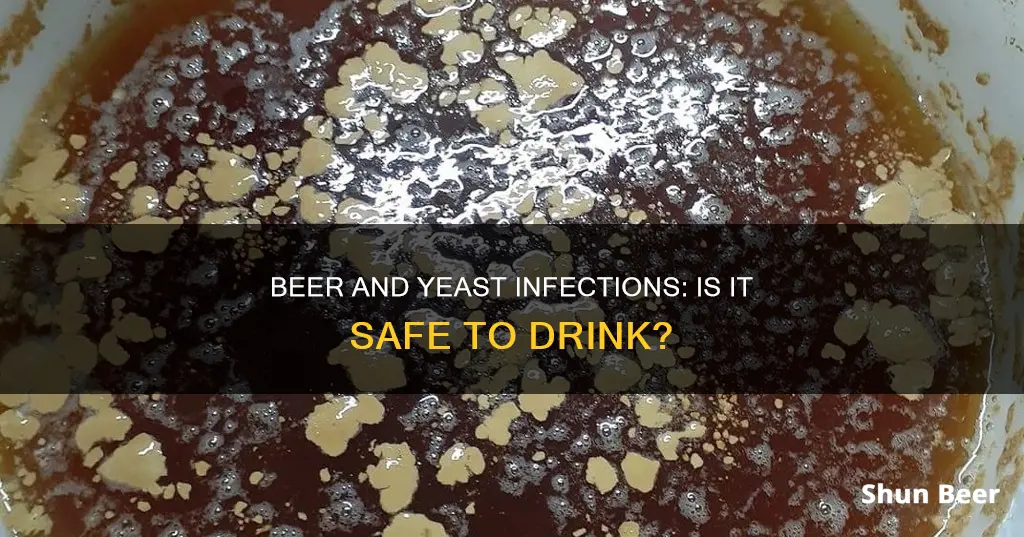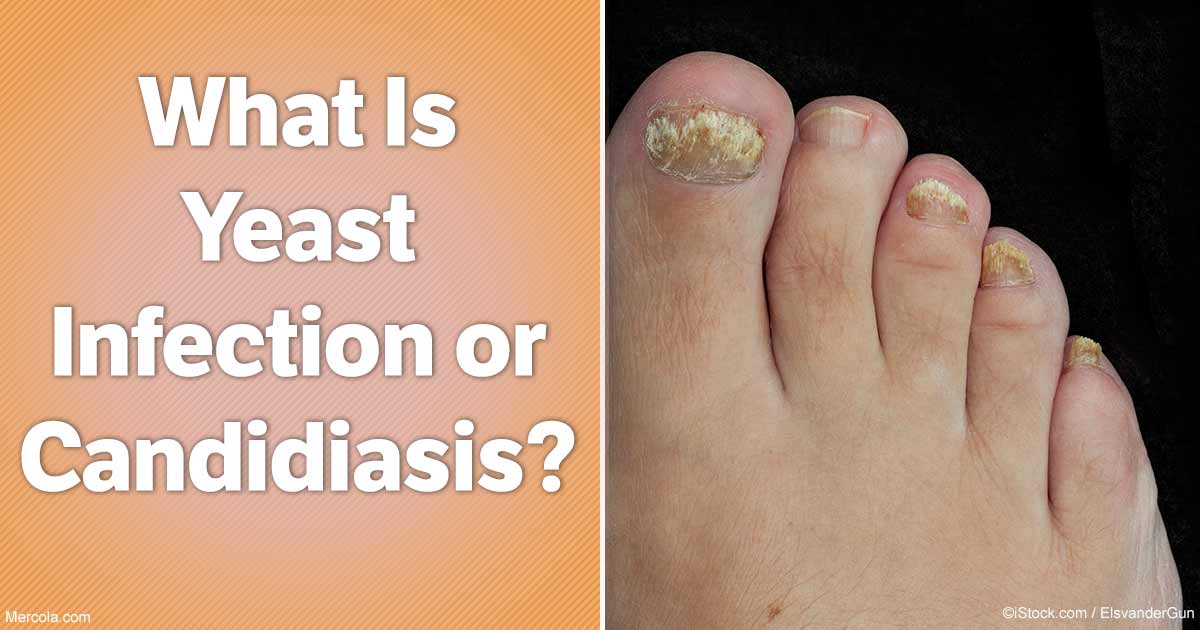Yeast infections are a common health concern for many individuals, and one of the most frequently asked questions is whether alcohol consumption is permissible during this condition. If you're dealing with a yeast infection, it's essential to understand how alcohol can affect your recovery process and overall health. This article delves into the relationship between yeast infections and alcohol consumption, offering expert insights and actionable advice.
Yeast infections can be uncomfortable and disruptive, but with the right knowledge and care, they can be managed effectively. One key factor to consider is lifestyle choices, including dietary habits and alcohol intake. By understanding the impact of alcohol on yeast infections, you can make informed decisions that promote faster healing and prevent recurrence.
Whether you're seeking answers for yourself or someone you care about, this comprehensive guide will provide valuable information to help you navigate this issue. Let's explore the facts and myths surrounding drinking with a yeast infection and how it affects your health.
Read also:Ellos Usa Your Ultimate Guide To The Leading Scandinavian Fashion Retailer
Table of Contents
- Introduction to Yeast Infections
- The Connection Between Alcohol and Yeast Infections
- Effects of Alcohol on the Immune System
- Can You Drink with a Yeast Infection?
- Types of Alcohol to Avoid
- Alternatives to Alcohol
- Tips for Managing Yeast Infections
- Dietary Changes to Support Healing
- When to See a Doctor
- Conclusion and Final Thoughts
Introduction to Yeast Infections
Yeast infections, also known as candidiasis, occur when there is an overgrowth of Candida, a type of fungus that naturally resides in the body. While small amounts of Candida are normal, certain factors can lead to an imbalance, causing an infection. Common symptoms include itching, irritation, and discharge, depending on the affected area.
Causes of Yeast Infections
Several factors contribute to yeast infections, including:
- Weakened immune system
- Prolonged use of antibiotics
- High sugar intake
- Hormonal changes
- Stress
Understanding these causes can help you take preventive measures and maintain optimal health.
The Connection Between Alcohol and Yeast Infections
Alcohol consumption can have a significant impact on yeast infections, primarily due to its effects on the body's immune system and digestive health. When dealing with a yeast infection, it's crucial to evaluate your alcohol intake and its potential consequences.
How Alcohol Affects Candida Growth
Alcohol can contribute to the growth of Candida in several ways:
- Alcohol disrupts the balance of gut flora, promoting Candida overgrowth.
- It increases blood sugar levels, providing fuel for Candida.
- Chronic alcohol use weakens the immune system, making it harder to fight infections.
Effects of Alcohol on the Immune System
Alcohol consumption, especially in excess, can weaken the immune system, making the body more susceptible to infections. When dealing with a yeast infection, a compromised immune system can hinder recovery and increase the risk of recurrence.
Read also:Is A Twoyear Age Gap Bad Exploring The Dynamics Of Age Differences In Relationships
Research published in the Journal of Clinical Immunology highlights the detrimental effects of alcohol on immune function. This underscores the importance of moderating alcohol intake during periods of illness or infection.
Can You Drink with a Yeast Infection?
While occasional light drinking may not pose a significant risk, it's generally advisable to avoid alcohol when dealing with a yeast infection. Alcohol can exacerbate symptoms and prolong recovery time. Opting for abstinence or significantly reducing alcohol intake can support faster healing.
Key Considerations
When deciding whether to drink with a yeast infection, consider the following:
- Your overall health and immune status
- The severity of your symptoms
- Potential interactions with medications
Types of Alcohol to Avoid
Certain types of alcohol are more likely to contribute to yeast infections due to their high sugar content and other properties. These include:
1. Sugary Cocktails
Cocktails often contain large amounts of sugar, which can fuel Candida growth. Opt for low-sugar alternatives if you choose to drink.
2. Beer
Beer contains yeast, which can exacerbate yeast infections. It's best to avoid beer until the infection clears.
Alternatives to Alcohol
If you're looking to enjoy a social drink without compromising your health, consider the following alternatives:
- Herbal teas
- Mocktails made with fresh fruit
- Sparkling water with a splash of juice
Tips for Managing Yeast Infections
Managing a yeast infection involves a combination of lifestyle changes, dietary adjustments, and medical treatment. Here are some tips to help you navigate this condition:
1. Maintain Good Hygiene
Keep the affected area clean and dry to prevent further irritation.
2. Wear Breathable Clothing
Choose cotton underwear and loose-fitting clothes to allow air circulation.
3. Follow a Balanced Diet
Focus on nutrient-rich foods that support immune function and reduce inflammation.
Dietary Changes to Support Healing
Your diet plays a crucial role in managing yeast infections. Consider incorporating the following changes:
- Increase intake of probiotic-rich foods like yogurt and kefir
- Limit sugar and refined carbohydrates
- Include anti-inflammatory foods like turmeric and ginger
When to See a Doctor
If your yeast infection persists despite home care or recurs frequently, it's important to consult a healthcare professional. A doctor can provide a proper diagnosis and recommend appropriate treatment options, including antifungal medications.
Conclusion and Final Thoughts
Can you drink with a yeast infection? While occasional light drinking may not cause immediate harm, it's generally best to avoid alcohol until the infection clears. By prioritizing your health and making informed choices, you can promote faster healing and prevent future occurrences.
We encourage you to share your thoughts and experiences in the comments below. Additionally, feel free to explore other articles on our site for more valuable health tips and insights. Together, let's take steps toward a healthier, happier you!


